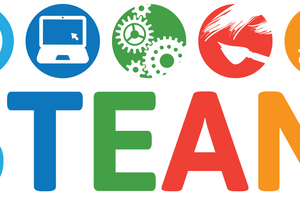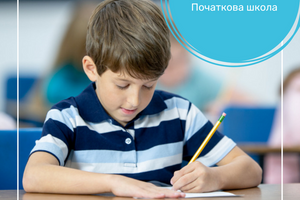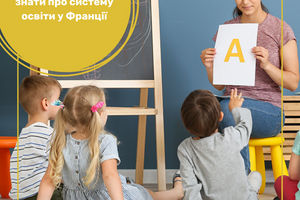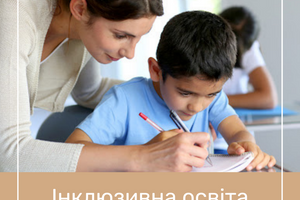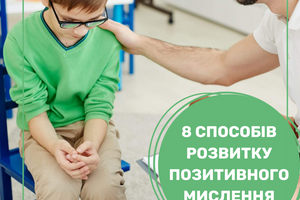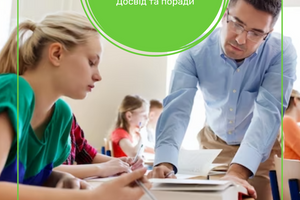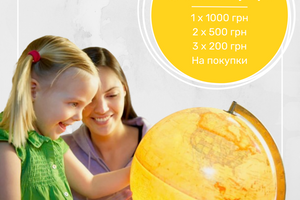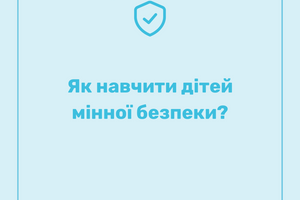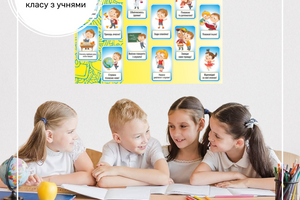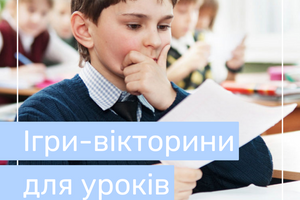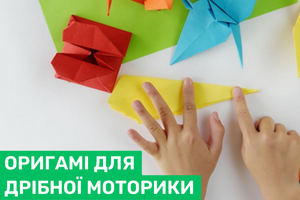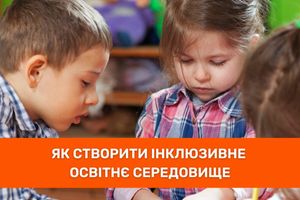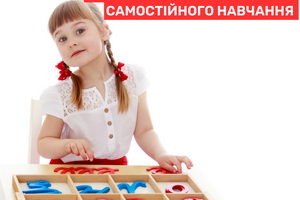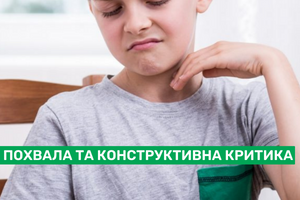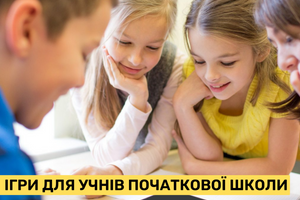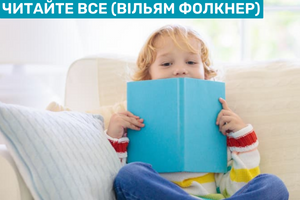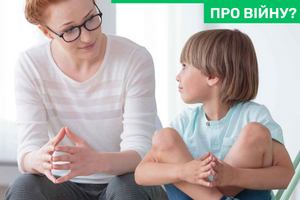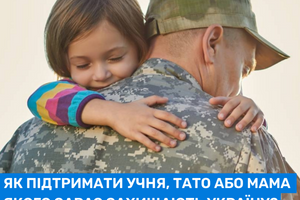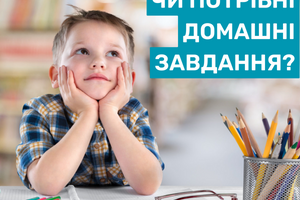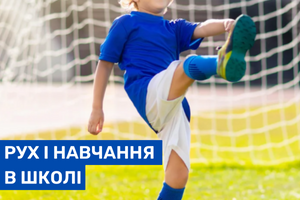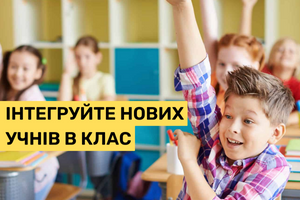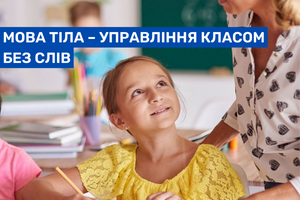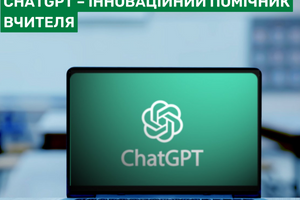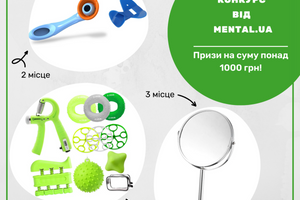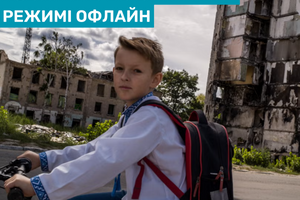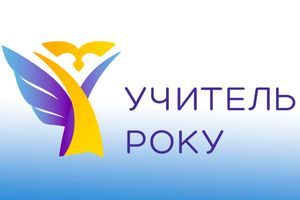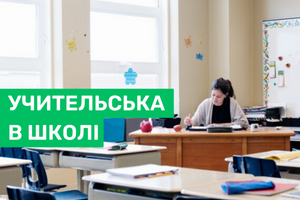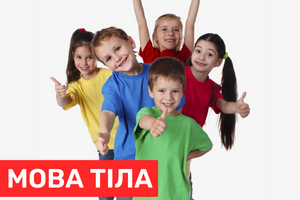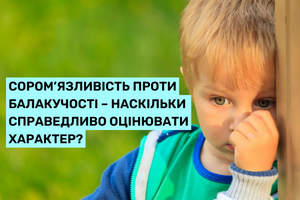One cannot do without the English language, even children in kindergarten learn it today. But while English is a fairly simple language compared to many others, learning a foreign language remains a long-term challenge that not everyone likes

In this article, you will learn how to engage your students in English using interactive methods and focusing on the realities of children's lives. English often plays a bigger role in their daily lives than they realize.
Content1. Motivation to learn English - why?
2. Creative, real ideas for teaching English in primary school
2.1. Internationalisms
2.2. Children's series in English
2.3. English in youth language, games and advertising
2.4. Favorite English songs of primary school students
2.5. Facebook, Instagram, TikTok - English in fragments
2.6. English language in children's environment
2.7. Programs for learning English
2.8. English proverbs and sayings
Motivation to learn English - why really?
At this point, we don't want to go into the usual reasons often found in high school English classes, because we all know them:
- English is the world's language
- Thanks to globalization and digitalization, our world is growing together
- English is also becoming increasingly important professionally
… and a lot more. Ale tsі reasons not to change the minds of graduates, as if they didn’t fall in love with my mov. I need to be acknowledged: as the 15-year-old letter is of little importance to the English language for the distant life, for those who want to work as a craftsman for a national company, it is important to cross it out, similarly to some middle school ї schools, which are absolutely not good for a teacher of mathematics, without understanding, chi skin from them happen to count parabolas pіznіshe in life.
Of course, elementary school students are even less receptive to such arguments, and rightly so. Therefore, as always in the case of learning, first of all there should be fun and intrinsic motivation. You can have fun with songs, games, a quiz or an Olympiad. But what do the students themselves gain from learning English and eventually mastering it?
In general, the following can be stated:
- Achievement is fun.
- Seeing that you can actually do something with what you've learned is motivating.
- Discovering that you can do more than you thought is inspiring.
Let's take a closer look at the everyday life of many students:
Most have cell phones and access to the Internet, so they watch YouTube videos, listen to music, and follow the stars.
All children are familiar with advertising, movies and series.
Hardly any child realizes how much English has entered our everyday language.
It already seems that these six points are very close, because English has long been a permanent part of their everyday life, sometimes imperceptible to children. But sometimes they also make a conscious decision to do so, e.g. when choosing your favorite stars and songs. Therefore, they already know many more English terms than they think.
Creative, real ideas for teaching English in primary school
Of course, you can integrate the ideas into your lessons. A quiz is often just as useful as homework, a weekly plan, or even a project week. And your children can sing, dance, draw, craft and play.
There are definitely too many ideas to touch on here. You can probably think of many more great ways to get your kids excited about English (or you can already use them in class). We've rounded up a few for you, too.
Internationalisms
Internationalisms are words that are similar or identical in many languages - often because they come from older languages such as Latin or Greek (democracy, telescope, repair).
Collect the words with the children, let them guess or match the meanings of similar words in English, and at the end surprise them with a long list or dictionary booklet to show them that they already know hundreds of English words.
Children's series in English
True, some series require strong nerves. You can also find English language series online for free, e.g. on YouTube. It doesn't have to be an entire episode about SpongeBob. Compare the Ukrainian and English names of the characters, print out the lyrics of the song in English and Ukrainian, and let the children do word-by-word puzzles to see which words can match each other.
English for young people, games and advertising
"Cringe" as a youth word of 2021 may not be to everyone's taste, but unlike "mobile" it is an English word. Observe your children's everyday language and/or ask them to do it themselves to identify English terms. Then you may come across some of these words:
love hate happy ready crazy weird loser true real right wrong ever joke
English game language terms are numerous. You can find lists of these online. Children will no doubt know many of the names of businesses, shops, gas stations and TV shows or films - so here's a great pass template to build on what they know too.
Favorite English songs of primary school children
Just ask your kids what their favorite stars and songs are. After a little research on the suitability and level of difficulty of the texts, you can select individual ones and then have a colorful bouquet of methods to choose from:
Let's listen together:
What words or even sentences do children understand? What can the song be about and what does the title mean?
Text break:
If the song is slow enough and contains enough words that the children already know, fill in the blanks on the worksheet for the students to fill in as they listen to the song.
Find famous words:
Each song will contain words that students already know. Encouraging children to color code them is a great motivator, especially with simple texts where suddenly there are more colors than white. Then you work together to take the meaning out of context. Children can create a list of newly learned vocabulary.
Synonyms:
Are there unfamiliar words in the text for which the children already know other expressions? Can you make complete sentences simpler?
Context:
Are there allusions or themes that cannot be understood without background? Then it might be worth gathering some additional information together, e.g. to certain places, people, events.
Text Comparison:
Separate the text in English and Ukrainian using stanzas or links, depending on your taste. Can your students find the correct pairs? Can they even put the texts in the right order? Of course, this works best with songs that are either fairly well known or tell a chronological story that isn't too complicated or long. You can also play the song a few more times to help.
You can find almost all known lyrics online at genius.com, e.g. also with explanations. If you want to make your translation easy, DeepL is the best option.
Talking about the song:
What feelings does it evoke when you listen to it? Do they change when a person understands the text? Why do children (not) like the song? How could things continue after the song for the lyrical self or what happened to the situation described in the song? What would children advise the lyrical self?
Of course, there's a lot more you can do with songs with your students, from short artist bios to one-sentence rewrites and annotations. But you yourself know that.
Facebook, Instagram, TikTok - English in fragments
If individual children are social media savvy, they will be familiar with some English terms regardless of the language their stars write or speak, such as these:
influencer, like, follow, community, fan, subscribe, donate, join, online, share, statement, code, reaction, favorite, challenge, story, content, ad(s), add, tutorial
prank, lifehack, beauty, lipsync, dance, celebrity, cute, awesome, style, outfit, personality, special
abbreviations omg (oh my god), pov (point of view)
Many popular categories also have names in English, e.g. "What I eat in a day", How to ..." oder "haul ... (to show purchases that have been "brought home").
Ask your students if they follow people on Facebook, Instagram, TikTok, etc. Are there popular YouTubers? And then you need to do your homework first:
Who are these people?
Which of them uses a lot of English words or music?
Which of these is appropriate for your classroom and from what perspective?
You can then write out other terms from the posts and videos, or discuss, puzzle out and translate whole posts, ideally in English, with your children. In particular, TikTok videos often contain English sentences. For example, the theme of the clip will appear: hen you tell a joke and no one laughs, "when you find out...", "5 things..." etc.
And your children will certainly also be interested in the career of this or that person. You'll probably find an internet star whose resume will help kids understand that no one becomes a millionaire overnight, and that a career is built on years of work, technical skills, marketing, and some bad luck.
English around children
What does "smart" mean in smartphones, what is a fixed rate, a special offer, a preview, maybe even Cloud? Many children will also know "save", "cancel", "error" or "download" etc. along with the Ukrainian meaning. And what do "app", "upgrade", "charts", "top ten", "blog" - or even "
internet" or "www"? Who listens to Podcasts (and what does the term have to do with space)? Does anyone know what Feedback or Trigger is?
Let the children talk about what they do online here as well. Students interested in fashion will likely also be familiar with many of the following terms:
catwalk, design, jumpsuit, body, casual, fashion, commercial, shape, high heel
Care products often have English names. So your kids can just walk in their own bathroom, pharmacy or supermarket and pick up English words. Those who are interested in beauty also often know the following words:
nude, clean, shiny, glow, balm, skin, foundation, as well as numerous shades and much more
For all topics, think together about which words appear constantly, but are not Ukrainian, because they are "pronounced differently than they are written there." Many children have learned some terms in such a way that they do not even suspect that they are English words. A long vocabulary will definitely develop. And again, it's a good thing that kids don't have to learn most of them anymore.
Programs for learning English
There are a lot of them. Test the apps yourself beforehand so you can evaluate them. Integrated videos and images target multiple learning channels and make learning interesting and varied. In many programs, unlike some lessons, listening comprehension is not neglected either. And media literacy is included in entertainment.
Perhaps a vocabulary trainer that the children can then use daily or weekly over a period of time is sufficient.
Most apps save progress or achievements. Consider small rewards to reward learning progress.
English proverbs and sayings
Of course, figurative language can also be depicted. Collect some funny proverbs, find out their meaning with the children, find the Ukrainian equivalent and draw (or mime). Maybe there will be a memory game or dominoes?
It's raining cats and dogs is a classic, but there are thousands of others. The easiest way to look up unfamiliar terms is to use an online dictionary, such as dict.com, and then filter by idioms for individual terms, e.g. by "wate [idiom]" . By the way, animal names are particularly fruitful. Of course, you can also search the Internet for existing lists of English phrases. In this way, your children will probably also learn many new Ukrainian idioms and perhaps also how they came to be.
Of course, you will also find useful daily learning materials for learning English in primary school in our online store.









